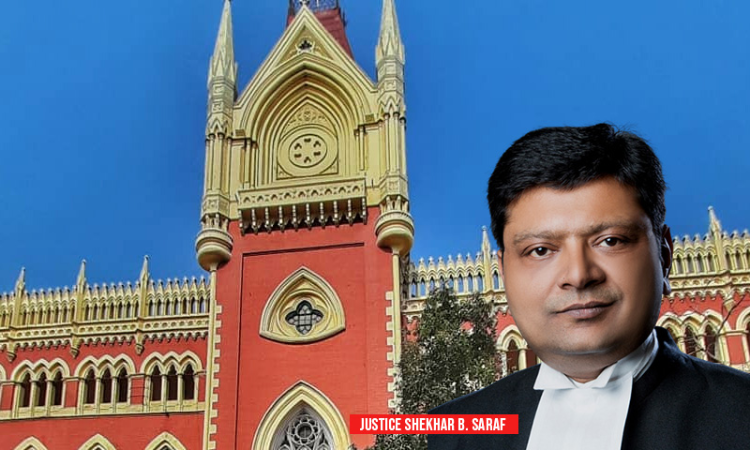Period Of Limitation Begins To Run On The Date Of Payment Of Final Bill For Claims Rejected: Calcutta HC
ausaf ayyub
22 Jan 2023 9:30 AM IST

Next Story
22 Jan 2023 9:30 AM IST
The Calcutta High Court has held that the period of limitation would begin to run from the date of final payment for the claims that are rejected under it. The Court held that once a claim that was existing at the time of preparation of the final bill is rejected in the final payment, the limitation period commences which cannot be stopped by issuing unilateral letters by a party....
